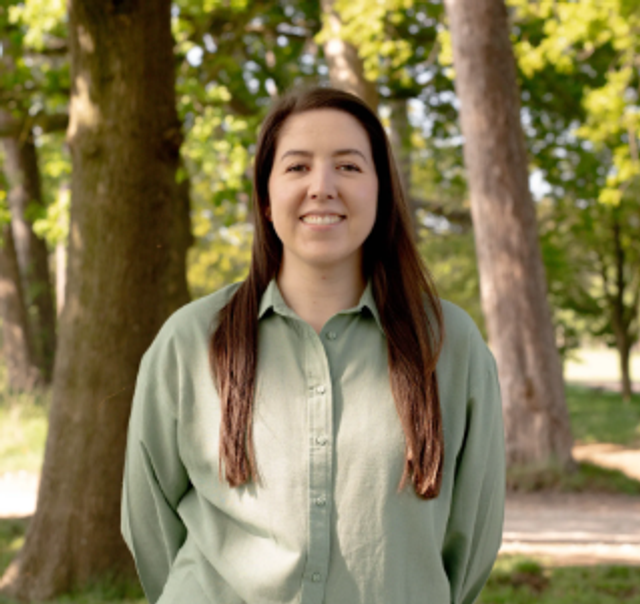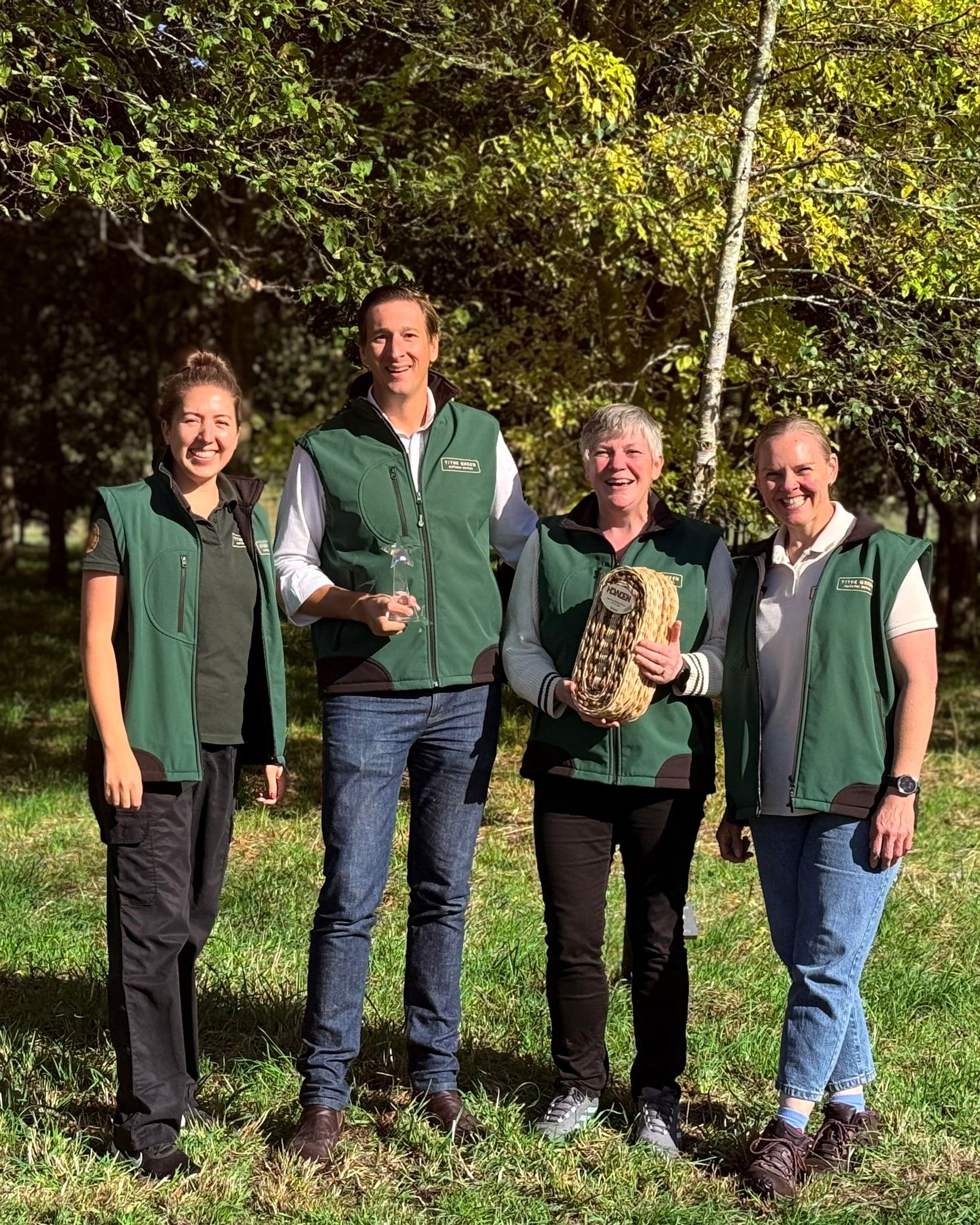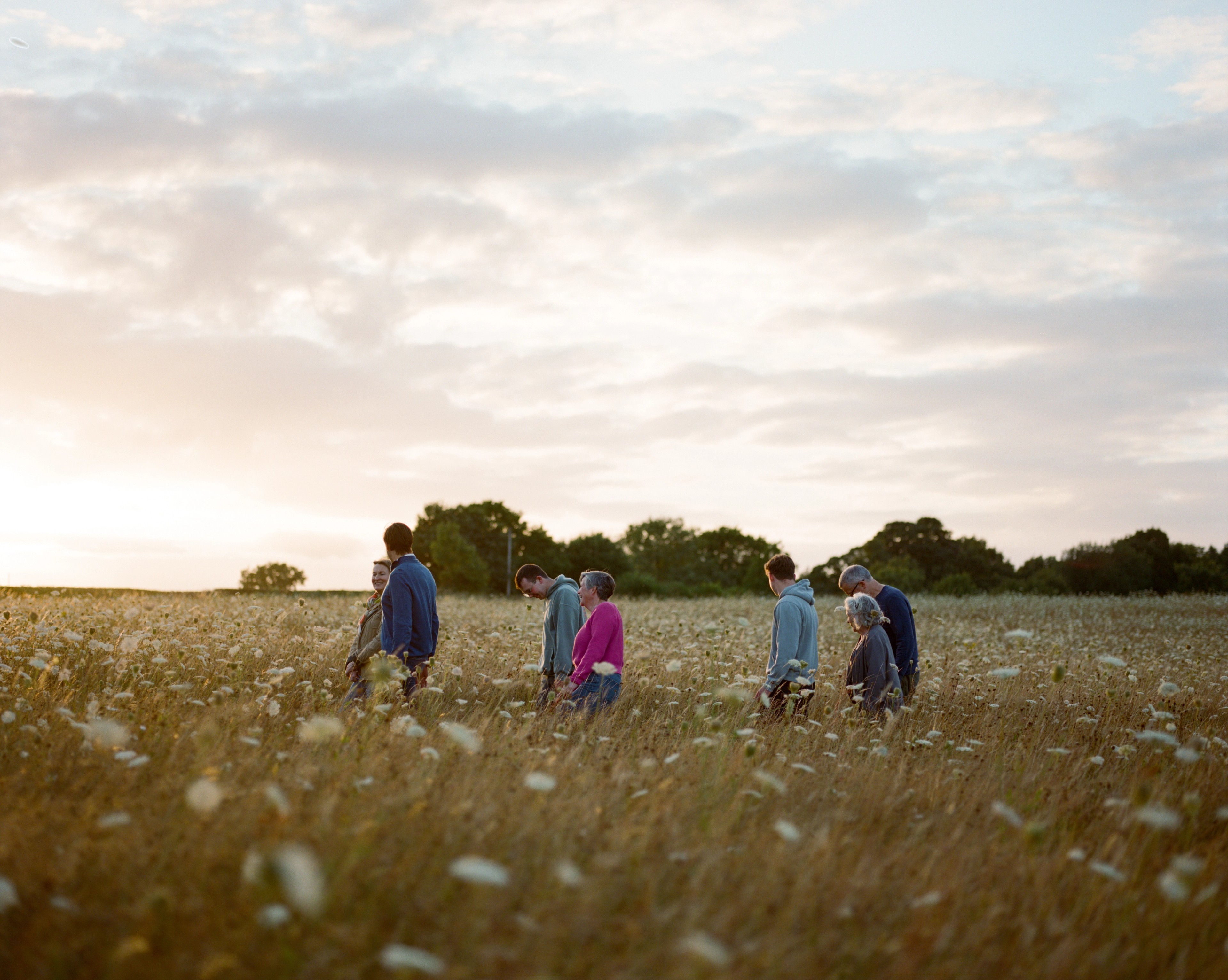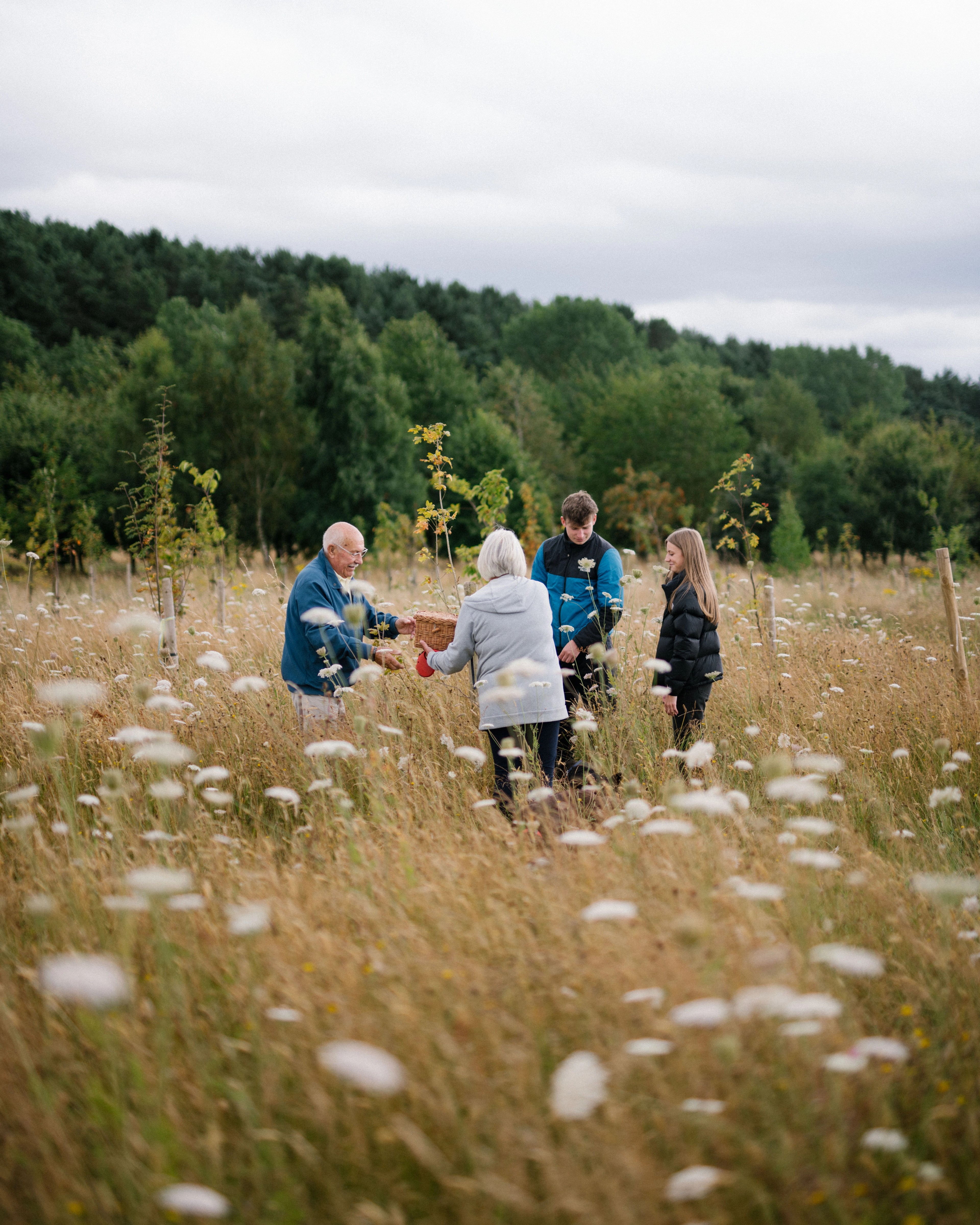14th November 2025
What to Do When Someone Dies at Home
By Ellie Nightingale
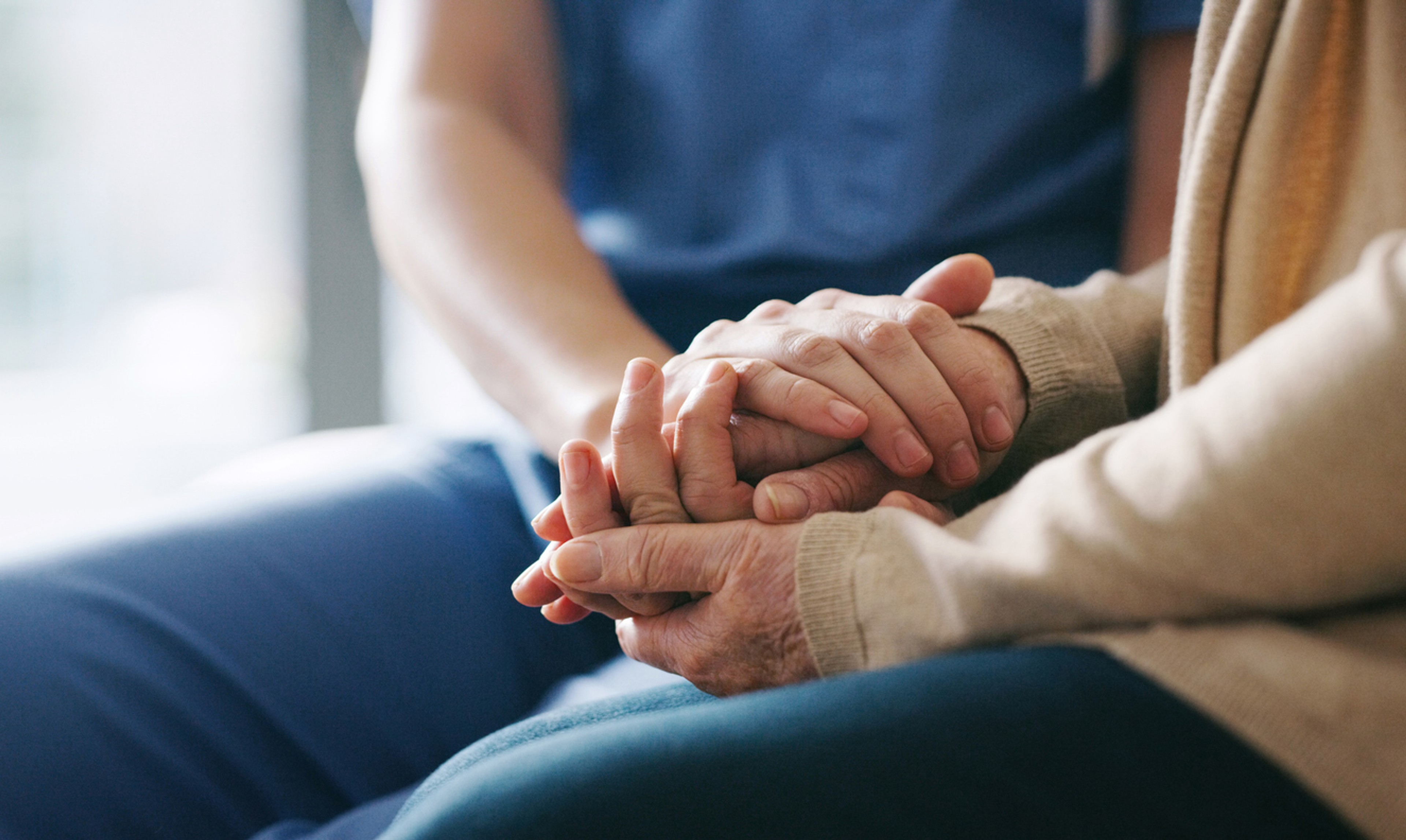
Whether it’s expected or happens suddenly, dealing with a death in the home is always going to be difficult to handle.
Should you be faced with such a situation, having a handy guide to what you need to do can be extremely helpful. After all, you’re bound to be upset and it could be easy to overlook important steps.
That’s why the Tithe Green team has compiled this straightforward guide you can refer to whenever you need to.
Confirming the death
The first thing you should do is let the appropriate authorities know, and this will differ depending on whether the death was expected or not.
For someone dying at home expectedly – for instance, if they have been in the final stages of a terminal illness – you should notify either their GP, NHS 111 or their palliative care nurse (if they have one), and they will verify the death. If it happens during the night, you can wait until morning before calling if you’d prefer.
For an unexpected death, you should dial 999 and ask for the police and an ambulance. The operator will advise whether you should attempt resuscitation; otherwise, wait for the paramedics, who will either attempt resuscitation themselves or confirm the death.
Caring for the body
If the death was unexpected, the authorities will arrange for the body to be collected by a funeral director acting on the behalf of the coroner, who will get in touch with you about the next steps.
For an expected death, you can contact a funeral director of your own choosing to take the body into their care when you are ready. This doesn’t have to be immediate – if you want to keep the body at home for a short while, you are quite entitled to under these circumstances.
Who to notify if someone dies at home
The simple answer is that you should aim to contact anyone who knew them as soon as possible. This includes their employer, if they have one.
Once the death has been certified (this will usually be done by the deceased’s GP), you’ll need to register it within five days of the cause being established. You should also let the government know by using the incredibly helpful Tell Us Once service. This covers all government departments in one go, including HMRC, DWP, Passport Office, DVLA and the deceased’s local council.
After two weeks or so, you should also be looking to advise banks and utility companies, while also taking the first steps towards settling the deceased’s estate.
Making arrangements for the funeral
The legal requirements are all very important, but you also need to be making a start on arranging the funeral as soon as you feel able. You should start by contacting a funeral director – this will be straightforward if the deceased has made their own arrangements in advance, perhaps by taking out a plan to cover the costs.
If you have to make arrangements from scratch, you have a number of options. You could, for instance, have a traditional burial or a low-cost direct cremation and interment of ashes. Alternatively, if you know that the deceased had a keen interest in environmental issues, you could always consider a natural burial using natural materials at a beautiful site dedicated to conservation and biodiversity.
Here at Tithe Green Natural Burial, we offer green, eco-friendly funerals and ashes interments at three sites in the East Midlands – Oxton in Nottinghamshire, Ketton in Rutland and Markfield in Leicestershire.
We’re committed to providing a caring and friendly service that has a positive impact on our environment by avoiding polluting chemicals and plastics at every stage.
Contact us today to find out more or to arrange a direct cremation, ashes interment or natural burial.
